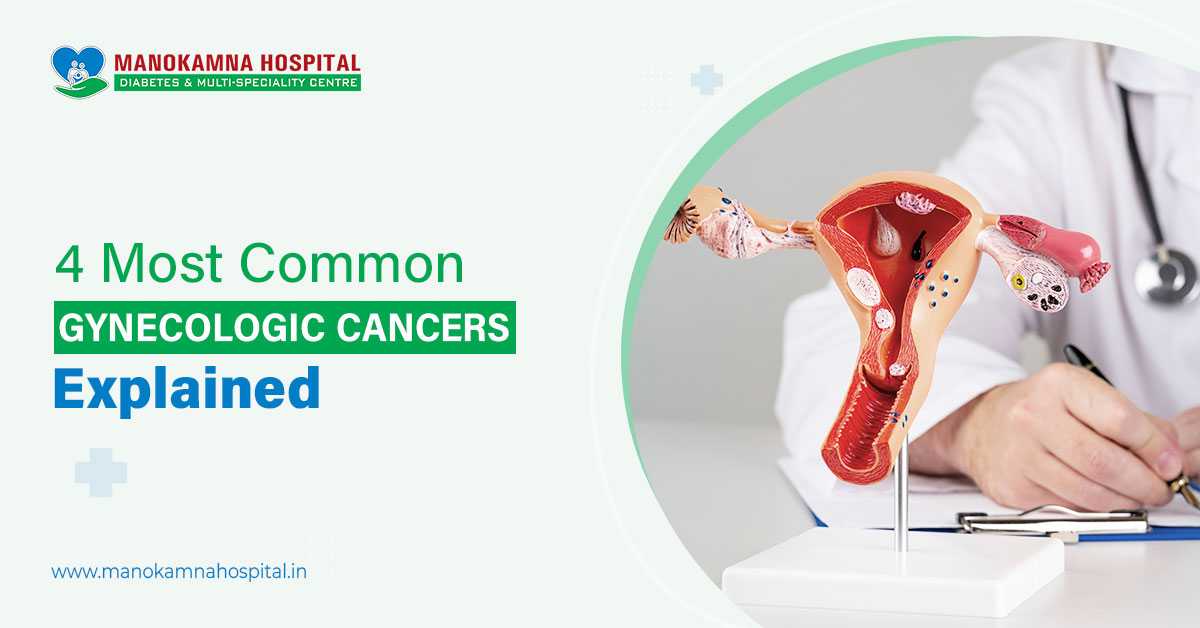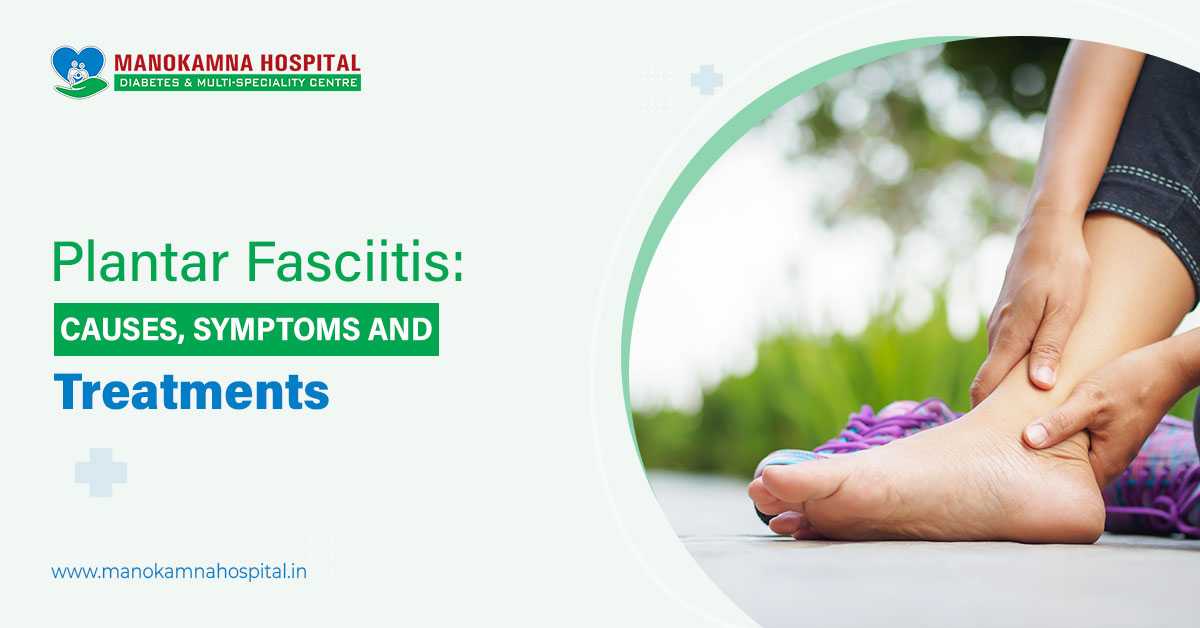The medical term for heavy periods is menorrhagia, a common menstrual disorder in females who menstruate. If you have been undergoing heavy periods for years, talk to your gynaecologist. Heavy periods refer to heavy bleeding or blood flow that lasts more than seven days.
If you’re wondering if heavy periods are normal, well, this can be normal at several times, such as an early stage when a female starts to menstruate, before and during the menopause period, and after pregnancy. You might consult the best gynaecologist in Siliguri for high-end female reproductive health care.
Prolonged menstrual bleeding is a menstrual period that lasts more than five to seven days. And it comes with a few discomforts, which range from mild, to moderate to severe. A growing body of research stated, 1 in 3 women describe their menstrual periods as heavy.
Knowing the symptoms of heavy periods or menorrhagia
Associated symptoms of heavy periods include:
- Abdominal cramps/pain
- Need to change more sanitary pads
- Passing blood clots which appear in red, brown, pink, and are bigger than a quarter.
- Vaginal bleeding more than 7 days or a week
- Fatigued or tired
- Shortness of breath
- Heavy menstrual bleeding affecting day-to-day activities
For women with heavy menstrual bleeding sometimes leads to anemia. And, symptoms like shortness of breath, tiredness, pale skin, hair loss. Make sure you talk to your healthcare provider upon experiencing such symptoms. You might visit the best gynaecologist in Siliguri city for all menstrual cycle-related concerns.
Causes of heavy menstrual bleeding or menorrhagia
A number of causes contribute to heavy periods, including:
- Hormonal imbalance caused by ovulation disorders or anovulation, polycystic ovary syndrome, obesity, thyroid dysfunction
- Uterine polyps (generally non-cancerous growths in the inner lining of the uterus)
- Family history of heavy bleeding
- Certain meds like birth control pills
- Adenomyosis, the medical term for endometrial tissue growing into the uterine wall
- Uterine fibroids/non-cancerous growths develop in and on the womb during women’s childbearing age
- STDs/ sexually transmitted diseases like gonorrhea, chlamydia, trichomoniasis is associated with heavy menstrual cycles
- Pregnancy complications like miscarriage, ectopic pregnancy,
Other contributing factors for heavy menstrual bleeding include:
- Cervical cancer
- Uterine cancer
- Pelvic inflammatory disease
- Intrauterine devices
- Hormone replacement therapy
- Platelet disorders
- Blood thinners
- Liver and kidney disease
Complications of heavy menstrual bleeding or menorrhagia
Ruling out why you’re having heavy periods is vital to healing. Complications can take place if the condition remains overlooked or untreated. If there’s any underlying reason for heavy periods, your gyne doctor will ensure treatment for that. Reach out to the top gynecologist hospital in Siliguri.
Two common complications resulting from heavy periods include anemia and intense pain. In anemia, symptoms like pale skin, fatigue or tiredness, dyspnea/shortness of breath, cold hands and feet, dizziness, irregular heartbeat, and headaches may occur with heavy periods. Dysmenorrhea or painful periods can occur with heavy blood flow, and passing blot clots.




